'Ajit Doval said, "They are threatening us now".'
A revealing excerpt from former RA&W chief A S Dulat's A Life in the Shadows: A Memoir.
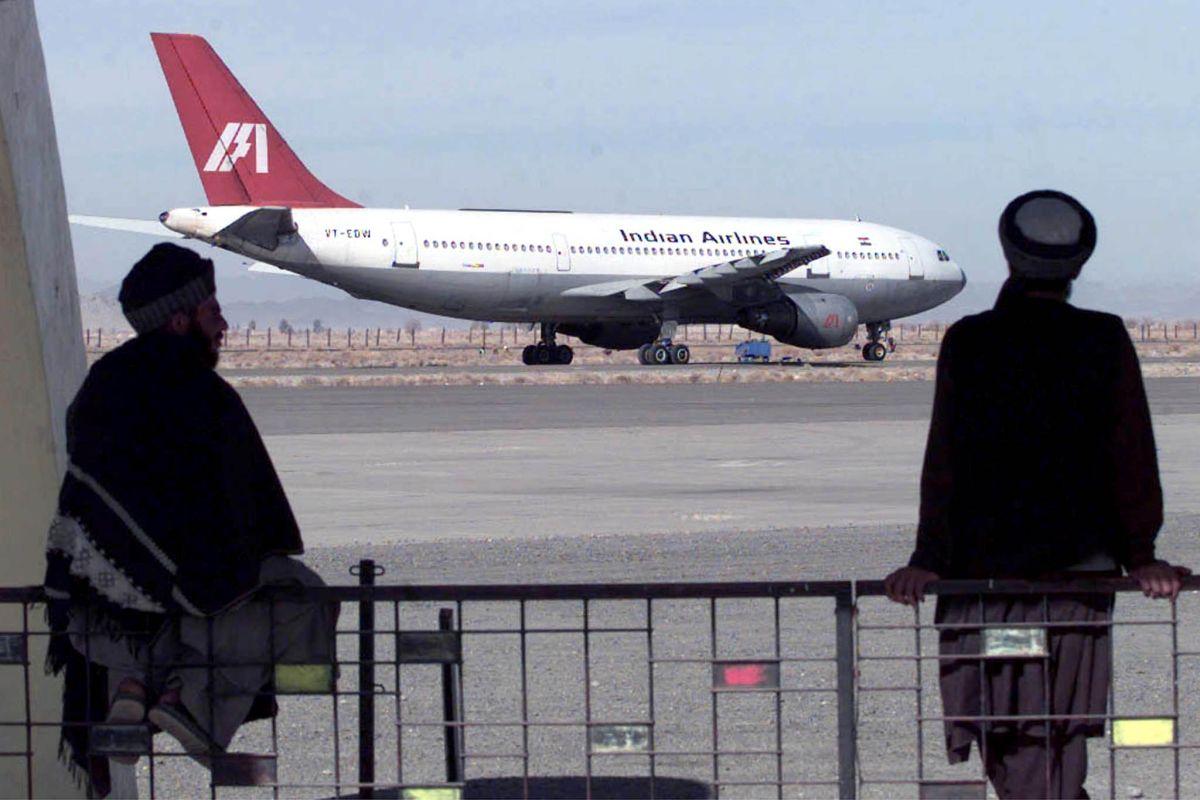
On 24 December 1999, flight IC-814 with 178 passengers and eleven crew members left Kathmandu for Delhi. It entered Indian airspace at 5.30 pm.
According to interviews with the crew later, first a masked man stood up and threatened to blow up the plane.
Four others in red masks got up and positioned themselves at different points in the aircraft.
They directed the pilot, Captain Devi Sharan, to fly to Lahore, but Pakistan, clearly worried about the possible consequences of a hijacked Indian plane on its territory, refused permission for it to enter Pakistani airspace.
Sharan then pleaded that there was insufficient fuel on board the flight and persuaded the hijackers to allow him to land the plane at Amritsar.
In less than an hour, the aircraft was suddenly airborne again. It went on to Lahore where it refuelled and was asked to immediately leave.
Next, it flew to Dubai by which time one passenger had been stabbed to death and some others injured.
Twenty-six passengers were released in Dubai. From there, the plane was taken to Kandahar in Afghanistan, under Taliban control at the time.
Soon after the plane landed in Kandahar, we realized that we had fully lost control.
As a country, we had no dealings with the Taliban, which was in control in Afghanistan. India's relations with Pakistan, at the time, were also not great.
It was, to say the least, a tough situation.
One of the things that we -- the Cabinet Committee on Security -- decided at that point was that it would be best to send some people of ours to Kandahar.
The hijackers were demanding the release of Masood Azhar and someone was required there to negotiate. To me and Shyamal Datta, Brajesh said: 'Apne log bhej do. (Send some of your men.)'
'The best on our side are C D Sahay and Anand Ami,' I said. 'They're both operational officers who know Afghanistan.'
It was Shyamal who said: 'The best in the IB are Ajit Doval and Nehchal Sandhu.'
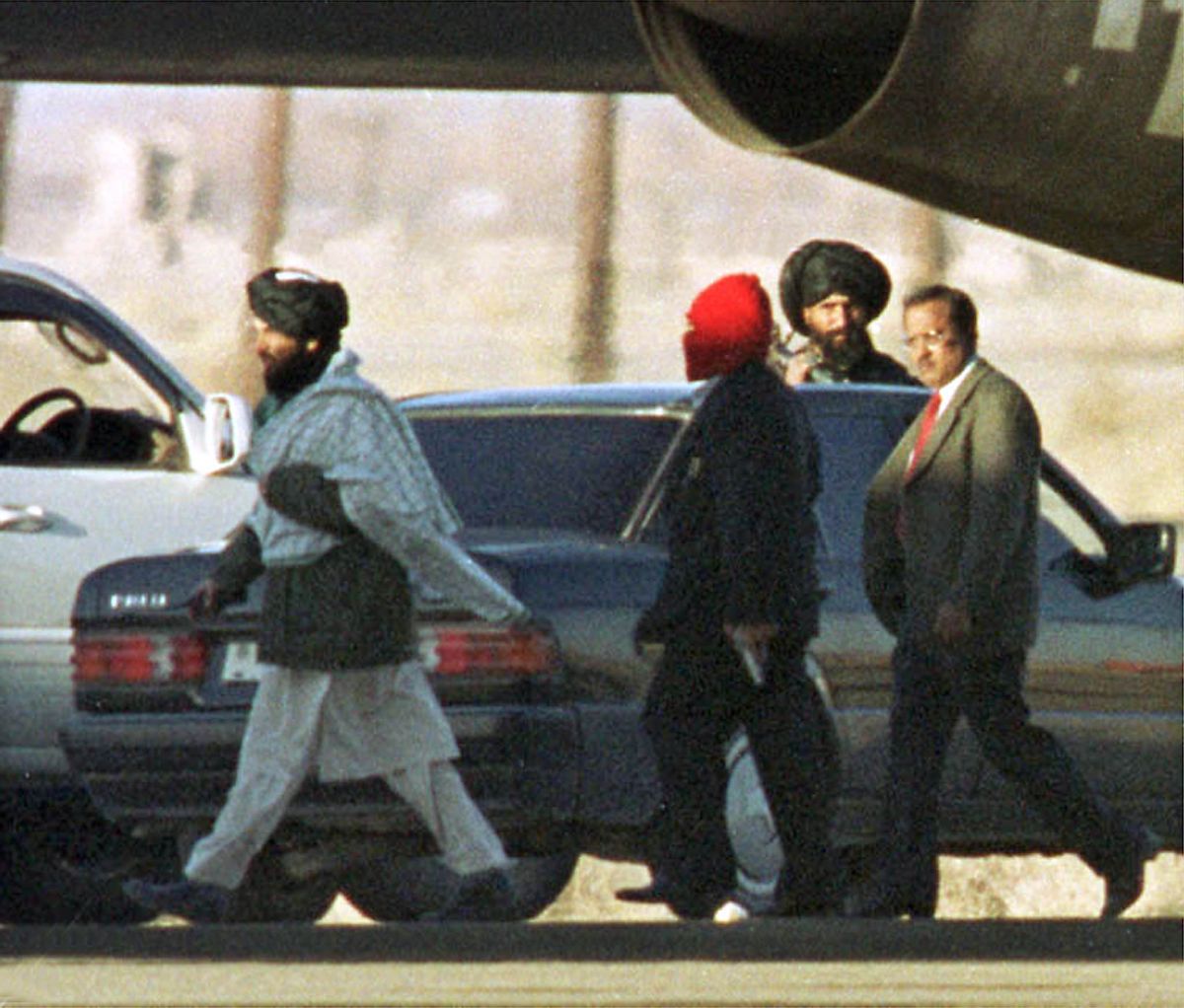
The MEA separately tagged Joint Secretary Vivek Katju along. It was a time of high pressure and high stakes.
The Government of India took a week to decide what to do, even as protests raged outside 7 Race Course Road.
I can only imagine what must have been going through the minds of the hostages, their terrified families waiting here for some kind of news and our negotiators in Kandahar, among whom was Ajit.
What I was surprised about was that it was Doval -- rather than C D Sahay -- who was calling me for advice on what to do.
It's ironic that I came into play here, and it's possibly because I listen to what people say.
'Jaldi faisla karwaiye.' he urged me.
'Yahan bahut pressure hai. Pata nahin kya ho sakta hai idhar. (Get the government to decide soon. There is a lot of pressure here. Don't know what may happen here.)' They have started saying that if you cannot negotiate and cannot come to an agreement, then take the aircraft. We don't care where the hell you go.'
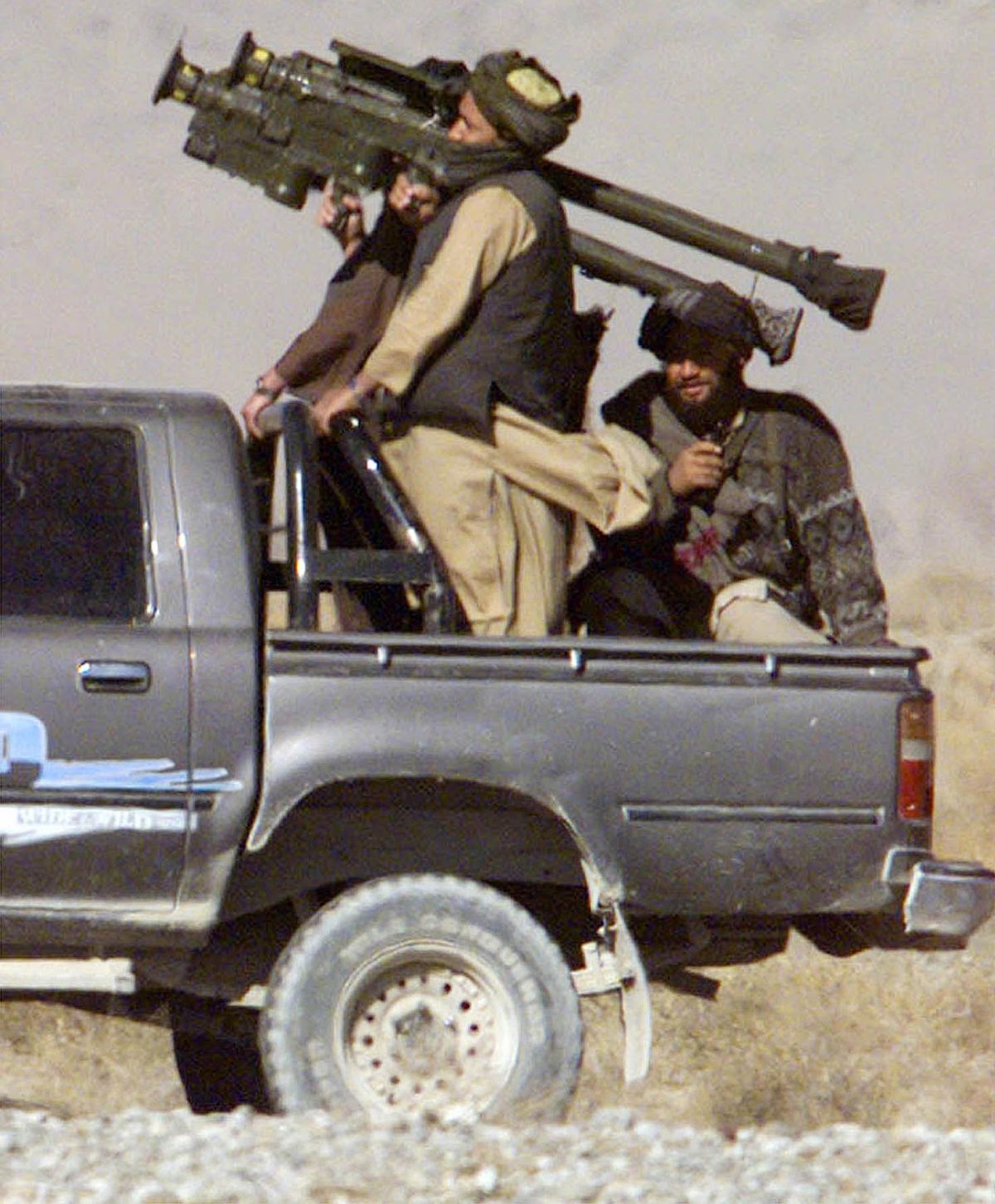
It's always difficult to imagine a man like Doval giving up hope.
There are people who argue that we shouldn't ever negotiate, but in situations like this, even the Israelis -- acknowledged to be among the toughest intelligence agencies -- are known to negotiate.
In crises like these, negotiating is sometimes the only option.
Jaswant Singh, then minister of external affairs, addressed the issue in his book, A Call to Honour' where he argued that national security decisions are always clad in multiple shades of grey.
The decision to release terrorists, he argued, was no doubt a bad one, but it would have been worse to risk the lives of 160 innocent civilians.
If given a choice, Singh argued, he would always lean towards saving lives.
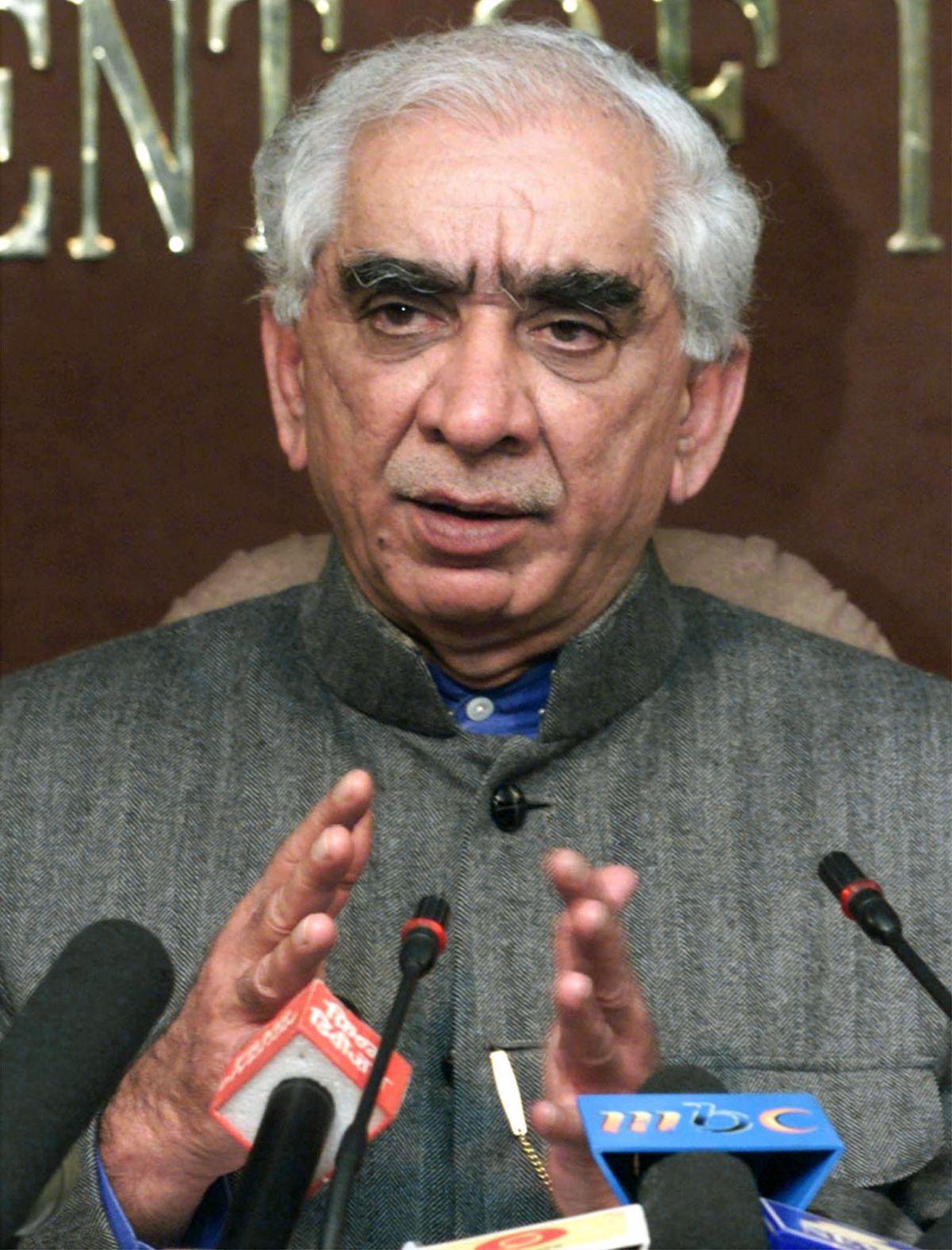
In hindsight, it was a time of very different men holding very different opinions. L K Advani never openly said so, but he disapproved thoroughly of negotiating with terrorists.
Doval, being Advani's man, possibly felt the same way, but because he was in a far more difficult situation, he wanted the earliest resolution.
Yet another opponent to the idea of releasing these prisoners -- though not in Delhi -- was, of course, Farooq Abdullah, but that is a story I have recounted in The Vajpayee Years.
It is a long story, and it has been told too often, but the sad truth is that the Government of India took too long to decide.
As foreign minister, Jaswant Singh was a lonely man in those days.
Nobody was responding to him, from the United States to Great Britain.
At the bitter end, he even tried the Taliban foreign minister, to no avail.
That is why when the decision to release the prisoners was taken, Jaswant Singh immediately raised his hand and asked: 'Atalji, main saath mein chala jaoon? (Atalji, shall I go with them?)'
He was a man, made despondent by the weight of the responsibility on his shoulders and I felt terrible for him.
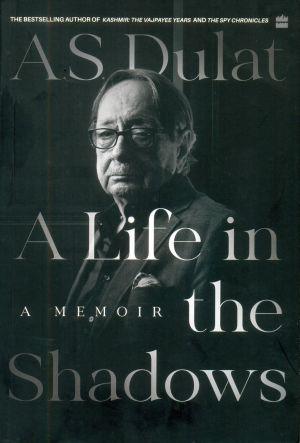
Not surprisingly, then, negotiation is also an option that comes with great mental and emotional strain.
Equally naturally, then, Ajit was under immense pressure. He kept me in the loop all through the negotiations.
On the morning of 30 December 1999, before the meeting to release the prisoners was to take place, he called me.
'Sir,' he said, 'Yahan rehna bada mushkil hai. (Sir, it's difficult to stay here.) They are threatening us now. They say if you cannot come to an agreement, get out. We don't know what will happen to either us or the hostages.'
Excerpted from A Life in the Shadows: A Memoir by A S Dulat, HarperCollins, with the publisher's kind permission
Feature Presentation: Aslam Hunani/Rediff.com







